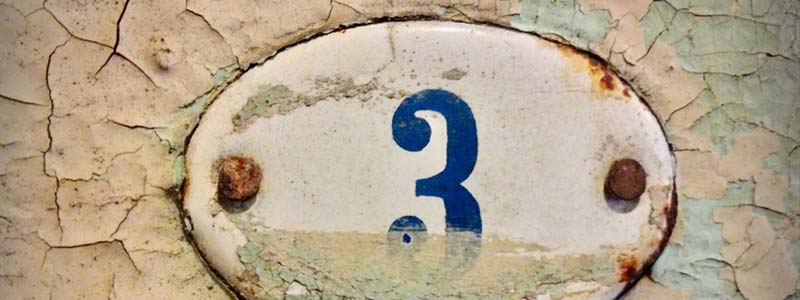First things first, what is a short sale? A short sale means that the seller’s lender is willing to accept a reduced payoff amount to release an already existing mortgage.
This can allow you to purchase a home at a lower cost. However, purchasing a short sale property is a complicated thing to do successfully and well. Even if the seller’s lender is willing to accept less for the property than what is listed on short sale terms, it does not mean that the lender will always accept your offer.
In some real estate markets, fewer than one in ten short sale properties actually close.
There are several reasons why a lender would consider a short sale. The seller may owe more than the home is worth, so a discounted price could bring the price in line with the market value. They would also possibly consider a short sale if the seller is current, but the value of the property has fallen.
Before you consider purchasing a short sale property here are 5 things that you need to know about buying a short sale before you purchase one:
1. Make Sure You Submit the Purchase Offer and Documentation to the Lender
If the seller has accepted your offer, the listing agent for that short sale will send your offer to the lender for them to approve. Keep in mind that you do not have a deal until the lender has accepted your purchase offer. Do not be surprised if the lender ends up asking you to increase your sale price.
Along with the purchase offer, the lender will want to see several documentations before closing the deal. They will want a copy of the proof of funds and your earnest money deposit. Along with these two things, the lender will want to see that you have been pre-approved for the loan. You can send a preapproved letter to the lender that is no older than the last thirty days.
2. Make Sure to Check the Public Records

Before you even make an offer to purchase a short sale, make sure you do your research beforehand. Your real estate agent can help you find out if a foreclosure notice has been filed, how much money is still owed to the lender or lenders, and who is on the title. These three things will help you figure out how much you should offer.
If there are two loans, it can become very complicated. This is where a lot of problems can potentially occur. Not only do you have to have the cooperation of the first lender, but you also need to have the second mortgage holder to release their loan as well. Keep in mind that the second lender will protect the first mortgage lender’s position. The only way that this doesn’t happen is when the second lender does not want to foreclose.
3. Hire a Real Estate Agent with Experience in Short Sales
You’ll want a real estate agent who has experience in short sales. An experienced agent will be prepared for any surprises and can stop any problems from happening before it’s too late.
If you have an agent who is experienced, it will also help speed up your transaction and will protect the interests that you have. You don’t want to find out that your deal isn’t going to close on time because no one followed up in a timely manner. You’ll also want to ensure that you don’t miss any important details because of an inexperienced agent.
4. Make Sure You Understand the Short Sale Commissions
No matter what amount the commission is that the seller agreed to pay, the lender is still the primary individual that will be approving the commission. Even though the seller will not be keeping any part of the commission, the seller will still be paying the commission from the earnings of the sale. Most likely the lender will negotiate the commission directly with the listing broker, and then the listing broker will share the commission with your real estate agent.
Make sure that if you have signed a buyer’s broker agreement with your agent, that you need to remember to ask them if they will possibly waive the difference due. If you don’t, you will most likely have to pay that out of your own pocket.
5. You Can Reserve the Right to have Inspections Done
Usually, the lender of the short sale will not allow the seller to pay for typical repair items that a typical seller would pay for. These items usually include; roof inspection, termite and pest inspections, pest control completions, as well as home protection plans.
The buyer of the short sale will be asked to purchase the property as is, and this means you will purchase the property with no repairs included.
Make sure you realize how critical it is for a buyer to receive a home inspection of the property. You can reserve the right to have inspections conducted before you purchase the property. The inspection will ensure that you are aware of what you are buying and will expose any significant repair needs that the property might have.
These five things listed here are important to remember before you put down an offer on a short sale. Many things could go wrong with a short sale if you overlook too many things so you can get a property at a lower value.
When doing this, it can create several problems and situations that you sometimes can’t get out of very easily.
Before you purchase a short sale make sure you:
- Submit the price offer and documentation to the lender.
- Check public records and make sure you understand what the short sale commissions are.
- Know that you have the right to have inspections done.
- Make sure that you hire an agent that has experience with short sales, so there are no problems or surprises that come your way.
If you have any questions about buying a short sale, please don’t hesitate to contact me.
 Facebook
Facebook
 X
X
 Pinterest
Pinterest
 Copy Link
Copy Link




